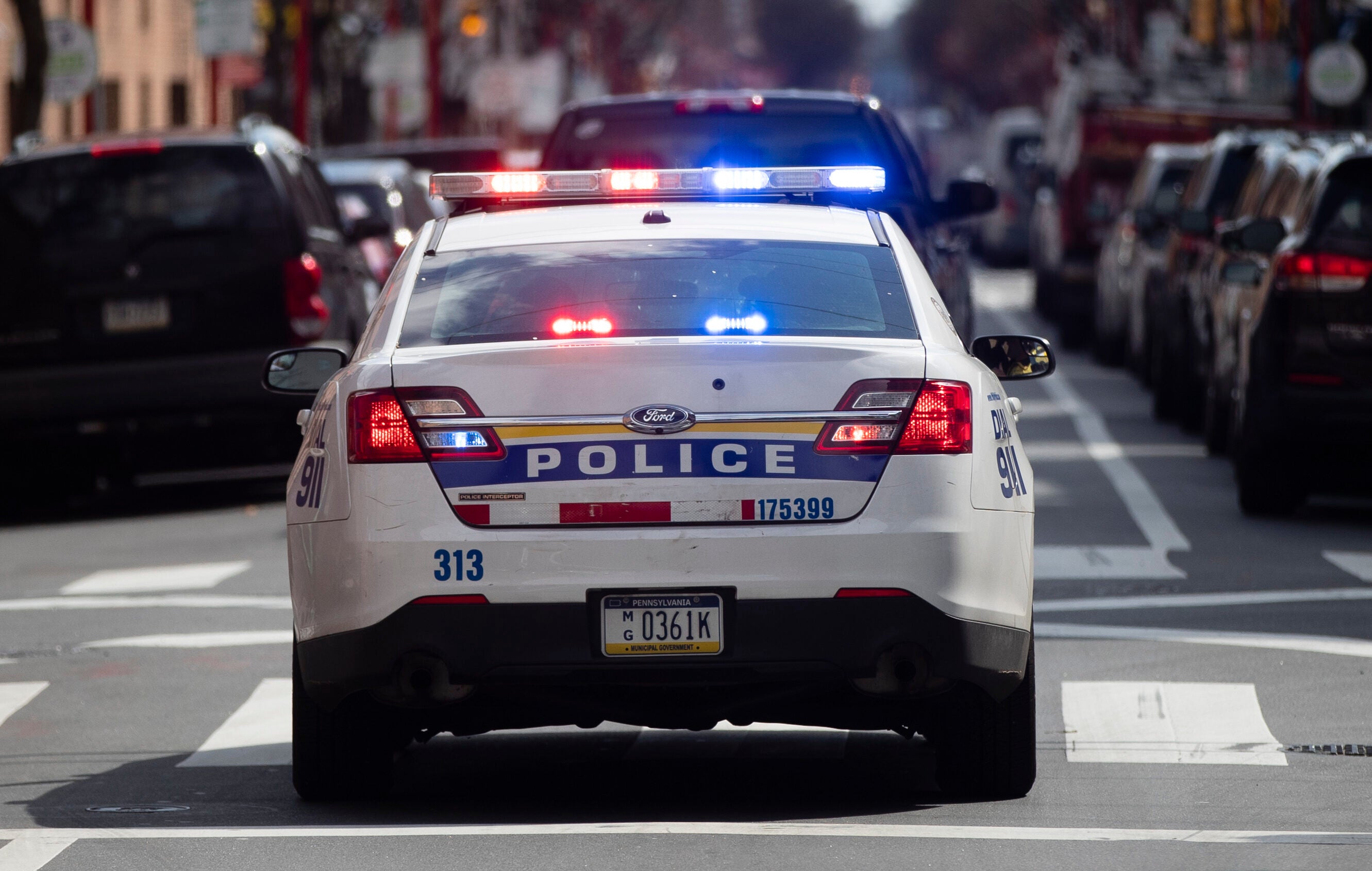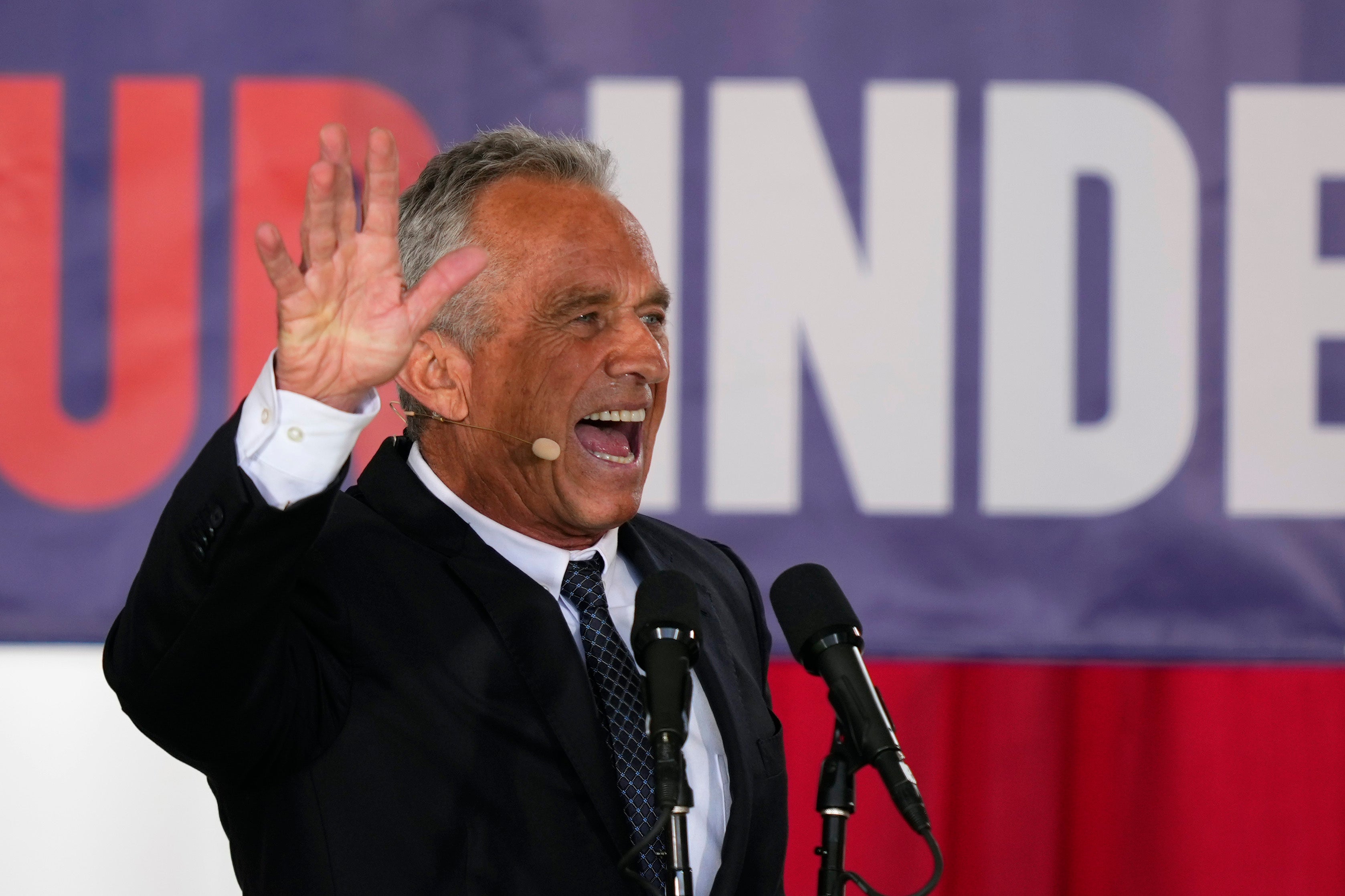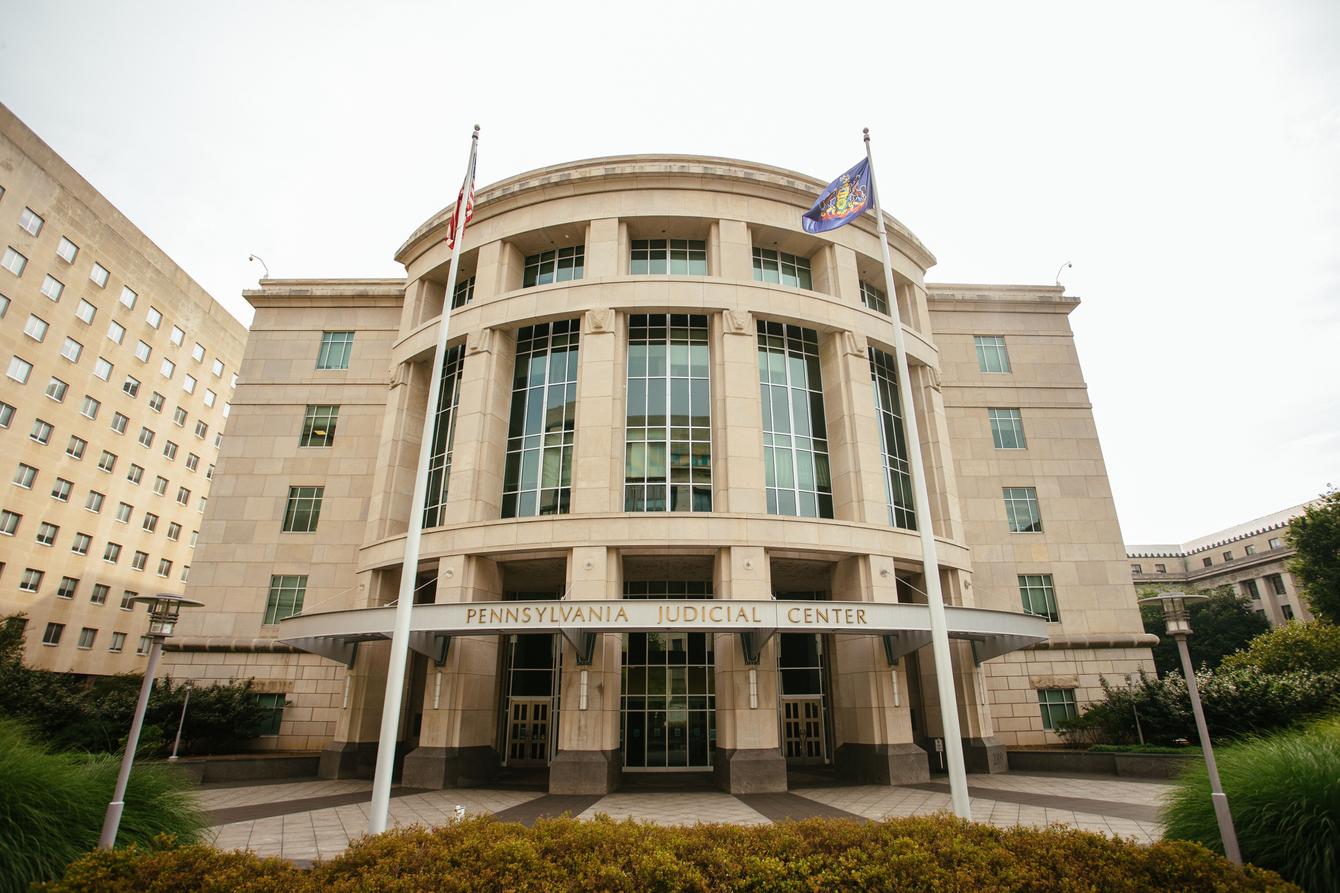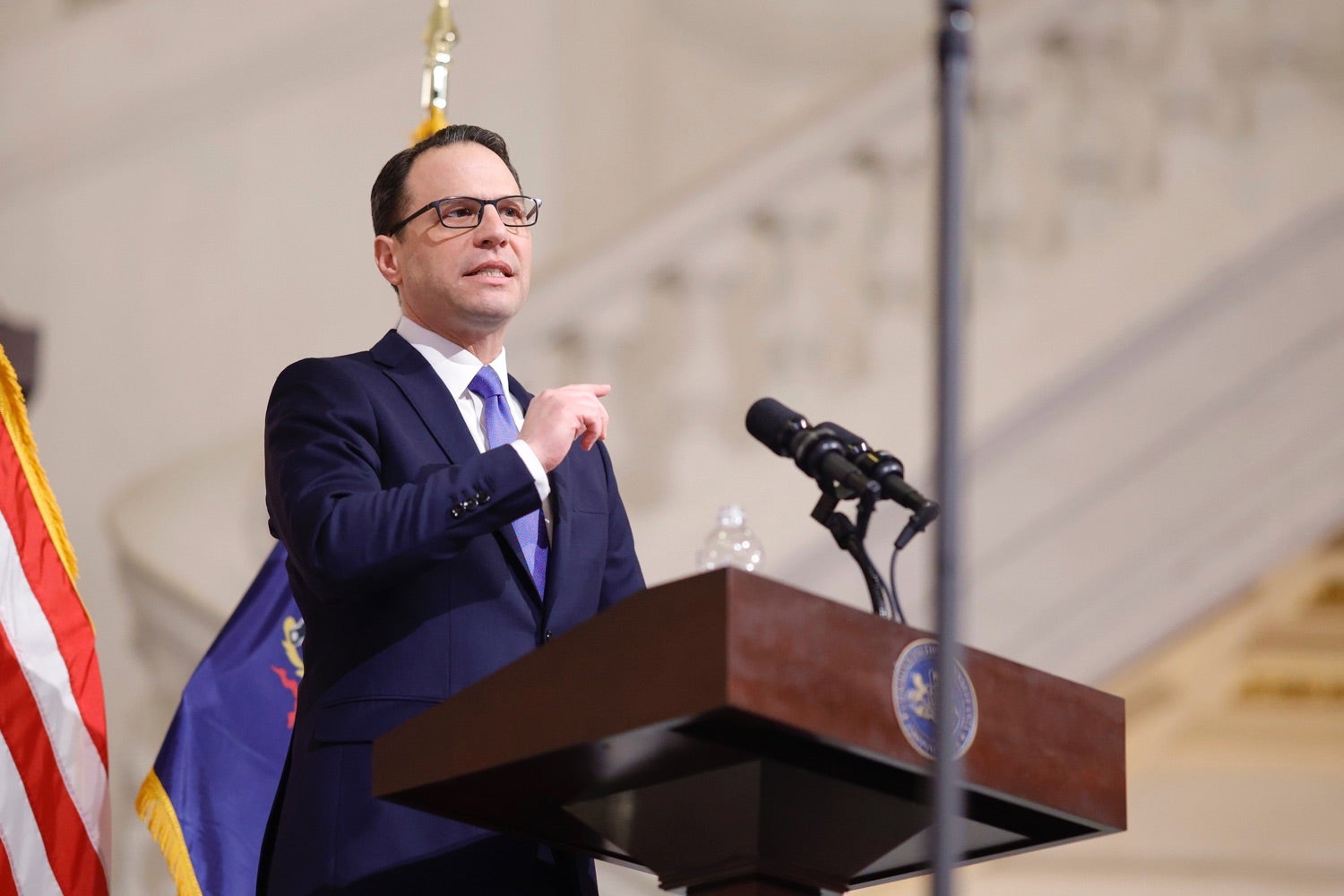Pennsylvania
Gov. Josh Shapiro appeals decisions that struck down key climate program to Pa.’s highest court

Spotlight PA is an independent, nonpartisan, and nonprofit newsroom producing investigative and public-service journalism that holds power to account and drives positive change in Pennsylvania. Sign up for our free newsletters.
HARRISBURG — Gov. Josh Shapiro’s office has appealed two Commonwealth Court decisions that struck down Pennsylvania’s participation in an interstate program to reduce carbon emissions and fight climate change.
The Democrat has been unwilling to commit to keeping Pennsylvania in the Regional Greenhouse Gas Initiative, and the administration made it clear that the appeal is not a pledge to do so.
The state Supreme Court must take up the appeal.
In a statement, Shapiro’s administration said the Commonwealth Court decisions on RGGI were “limited to questions of executive authority, and our Administration must appeal in order to protect that important authority for this Administration and all future governors.”
The administration went on to say that Shapiro is ready to implement the recommendations of a working group that he convened earlier this year. The group found that cap-and-trade programs are the best way for Pennsylvania to reduce emissions but didn’t endorse RGGI in particular.
Other options, the administration said, include a Pennsylvania-based cap-and-invest program, or one that spans the energy grid maintained by PJM Interconnection, which includes 13 states and Washington, D.C.
The statement ended by urging the divided legislature to take the issue seriously.
“Should legislative leaders choose to engage in constructive dialogue, the Governor is confident we can agree on a stronger alternative to RGGI,” the statement said. “If they take their ball and go home, they will be making a choice not to advance commonsense energy policy that protects jobs, the environment, and consumers in Pennsylvania.”
Should the Shapiro administration win the appeal, it is unclear whether the governor will maintain the commonwealth’s membership in RGGI.
Asked about these plans, spokesperson Manuel Bonder told Spotlight PA, “I won’t get into hypotheticals on that just yet.” He reiterated that the governor’s primary hope is that the legislature will come together to pass an alternative to RGGI.
Environmental groups that support RGGI have been generally optimistic about its chances in the state Supreme Court. David Masur, who heads the group PennEnvironment, believes Shapiro will ultimately keep RGGI in place if the administration wins the appeal.
“I’m not too worried when the governor says that [he’s looking for alternatives to RGGI],” Masur said. “I’ve known him since 1996. I think one of his strengths is, he’s thoughtful. He doesn’t have a knee-jerk reaction. He wants to get under the hood, he wants to understand the policy.”
RGGI has been under fire since former Democratic Gov. Tom Wolf announced his intention to join the program via executive order in 2019.
Republican lawmakers argued that the move was an overreach of executive power, and have said they believe RGGI will make Pennsylvania less competitive as an energy producer.
In 2022, when the commonwealth formally joined RGGI, GOP leaders and energy companies sued in an attempt to remove the state from the initiative.
The two Commonwealth Court decisions that the Shapiro administration is appealing involved state legislative leaders arguing the Wolf administration erred in trying to implement RGGI without their approval because, they argued, RGGI constitutes a tax, and under state law, only the legislature can issue taxes.
The lower court found in one case that RGGI indeed constituted a tax, and in the other that Wolf had overstepped his powers.
States that are a part of RGGI agree to cap the amount of carbon that emitters within their borders can release, lowering the cap over time. These emitters, typically energy companies, must buy credits from the state to emit any carbon, the proceeds from which go to the state.
Shapiro’s noncommittal stance on the program isn’t new.
Unlike Wolf, Shapiro declined to take a firm position on RGGI throughout his campaign and first year in office in the face of staunch opposition to the program from Republicans, the energy industry, and some labor unions.
Emails obtained by Spotlight PA in a public records request show that the administration has been searching for alternatives to RGGI since Shapiro took office in January 2023.
Shapiro has pointed to his decision to form a work group — which supported cap-and-trade but didn’t endorse RGGI — as proof he’s willing to explore all options.
Despite Shapiro’s continued lack of vocal support for the program, some Republicans in Harrisburg criticized his decision to appeal the rulings that had struck RGGI down.
State Sen. Joe Pittman, R-Indiana, the chamber’s majority leader, issued a statement calling Shapiro’s decision to appeal “misguided” and saying RGGI puts jobs at risk.
Appealing the cases, he said, “stymies the ability for any meaningful conversations on energy and environmental policy in the Pennsylvania legislature.”
He added that the state Senate “will not negotiate environmental and energy policy with the anvil of RGGI hanging over the heads of Pennsylvanians. The responsible enactment of energy policies which balance development of our God-given natural resources with environmental needs continues to be our focus.”
Some Democrats aligned with energy and labor interests have also opposed RGGI, fearing it will cut down on available jobs in the industry.
That political reality is a key reason why environmentalists have been so hopeful the courts will uphold RGGI. It’s unlikely that the state House and Senate can find a consensus on it or any other cap-and-trade program.
Masur said he’d be open to some of the alternatives the Shapiro administration has raised, like a cap-and-trade program that spans all the PJM states. He just doesn’t think it’s realistic.
“The reality is, given the process, this is probably the only practical, profound step that Pennsylvania has,” he said. “Would it be great if PJM [had a cap-and-trade program]? Yeah. Do I think the governors of West Virginia, Kentucky, Ohio, and Indiana are likely to agree to participate in a comprehensive carbon cap-and-trade program? Seems highly unlikely.”
Along with the newly appealed decisions, the state Supreme Court is also deliberating on a case that concerns whether the injunction preventing the state from participating in carbon auctions is legal. That case becomes moot if the court rules on this newly appealed one first.
BEFORE YOU GO… If you learned something from this article, pay it forward and contribute to Spotlight PA at spotlightpa.org/donate. Spotlight PA is funded by foundations and readers like you who are committed to accountability journalism that gets results.

Pennsylvania
Sinkhole opens behind Walgreens at King of Prussia, Pennsylvania

Watch CBS News
Be the first to know
Get browser notifications for breaking news, live events, and exclusive reporting.
Pennsylvania
Pennsylvania ranks third for police misconduct settlement cases

Perry’s story may help understand some of the findings of a Whitley Law Firm study, originating in North Carolina, that analyzed police misconduct settlement figures nationwide, documenting patterns and covering numerous jurisdictions.
According to the study, Pennsylvania has paid more than $59 million total for four police misconduct settlements, from 2010 to 2014, ranking the commonwealth third-highest (an average of $14.8 million per settlement) in the nation for large payout amounts.
New York leads the nation in settlement costs, averaging $73 million per case and ultimately exceeding $1.1 billion in total settlements.
A closer look at Philadelphia
In Philadelphia, the study showed the city paid $54 million for police misconduct cases settled between 2010 and 2014.
The family of Walter Wallace Jr. received a $2.5 million settlement in 2021, a year after Wallace was fatally shot by police while experiencing a mental health crisis near his home in Cobbs Creek.
However, Wallace family attorney Shaka Johnson called the payment “cheap” in some respects, noting that the family has the right to use the funds to honor Walter’s memory. His death, which occurred months after the killing of George Floyd in Minnesota, further fueled demands for police reform. Floyd’s death in May 2020 sparked nationwide protests and calls for accountability.
Similarly, Wallace’s killing deeply affected Philadelphia residents, prompting demands for changes in law enforcement policies, training and accountability measures.
The Whitley study underscores the steep costs of misconduct settlements and the systemic issues they expose. The report highlighted the need for preventative issues, such as improved policies and police training, to reduce wrongful deaths.
“Every dollar spent on a misconduct settlement is a dollar that could have been invested in community resources, safety initiatives, and police training,” the report states. “It’s critical that we work to ensure these settlements become rare, not routine.”
The cases of Wallace and Floyd stand as stark reminders of the urgent need for systemic reforms to rebuild trust between law enforcement and the communities they serve.
Michael Collins, senior director of state and local policy for social justice nonprofit Color of Change, blames the high number of misconduct payment settlements on strong police unions in this country.
“The Fraternal Order of Police, which acts to protect indefensible cop behavior, they will negotiate as part of the contract ways in which account is very watered down,” Collins told WHYY News in an interview. “They will, you know, protect officers who are tied to, like, white supremacists. They will protect officers who have previously engaged in misconduct, they will erect obstacles that do not occur for investigations into regular members of the public.”
Pennsylvania
Woman walking dog hit, killed by SUV driver in Pennsylvania

Watch CBS News
Be the first to know
Get browser notifications for breaking news, live events, and exclusive reporting.
-

 Business1 week ago
Business1 week agoOpenAI's controversial Sora is finally launching today. Will it truly disrupt Hollywood?
-

 Politics6 days ago
Politics6 days agoCanadian premier threatens to cut off energy imports to US if Trump imposes tariff on country
-
/cdn.vox-cdn.com/uploads/chorus_asset/file/25782636/247422_ChatGPT_anniversary_CVirginia.jpg)
/cdn.vox-cdn.com/uploads/chorus_asset/file/25782636/247422_ChatGPT_anniversary_CVirginia.jpg) Technology7 days ago
Technology7 days agoInside the launch — and future — of ChatGPT
-
/cdn.vox-cdn.com/uploads/chorus_asset/file/25789444/1258459915.jpg)
/cdn.vox-cdn.com/uploads/chorus_asset/file/25789444/1258459915.jpg) Technology5 days ago
Technology5 days agoOpenAI cofounder Ilya Sutskever says the way AI is built is about to change
-

 Politics5 days ago
Politics5 days agoU.S. Supreme Court will decide if oil industry may sue to block California's zero-emissions goal
-
/cdn.vox-cdn.com/uploads/chorus_asset/file/25546252/STK169_Mark_Zuckerburg_CVIRGINIA_D.jpg)
/cdn.vox-cdn.com/uploads/chorus_asset/file/25546252/STK169_Mark_Zuckerburg_CVIRGINIA_D.jpg) Technology5 days ago
Technology5 days agoMeta asks the US government to block OpenAI’s switch to a for-profit
-

 Politics6 days ago
Politics6 days agoConservative group debuts major ad buy in key senators' states as 'soft appeal' for Hegseth, Gabbard, Patel
-

 Business3 days ago
Business3 days agoFreddie Freeman's World Series walk-off grand slam baseball sells at auction for $1.56 million




















